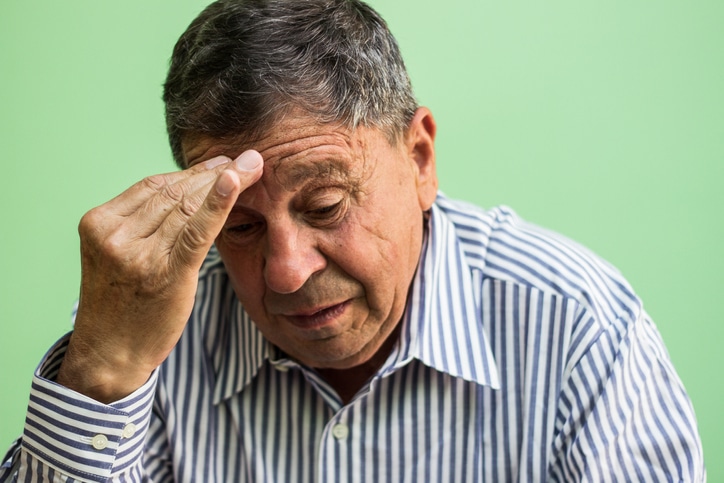This article was written by John Welwood, an American clinical psychologist, psychotherapist, teacher, and author, known for integrating psychological and spiritual concepts. He died in 2019. He wrote eight books, including Challenge of the Heart (1985), Journey of the Heart (1990), and Love and Awakening (1996). Trained in existential psychology, Welwood earned a Ph.D. in clinical psychology from the University of Chicago.
Depression is one of the most common problems in modern society. It appears in chronic low-grade forms that can drain a person’s energy and in more acute forms that can be completely debilitating. Our materialistic culture breeds depression by promoting distorted and unattainable goals for human life. And our commonly held psychological theories make it hard for people to make direct contact with depression as a living experience, by framing it as an objective “mental disorder” to be quickly eliminated. The current treatments of choice — drugs, cognitive restructuring, or behavioral retraining — are primarily technical, and often keep depression at arm’s length. However, in order to help people with depression, we must see how they create and maintain this state of mind in their moment-to-moment experience. This will help us understand depression not merely as an affliction, but as an opportunity to relate to one’s life situation more honestly and directly.













